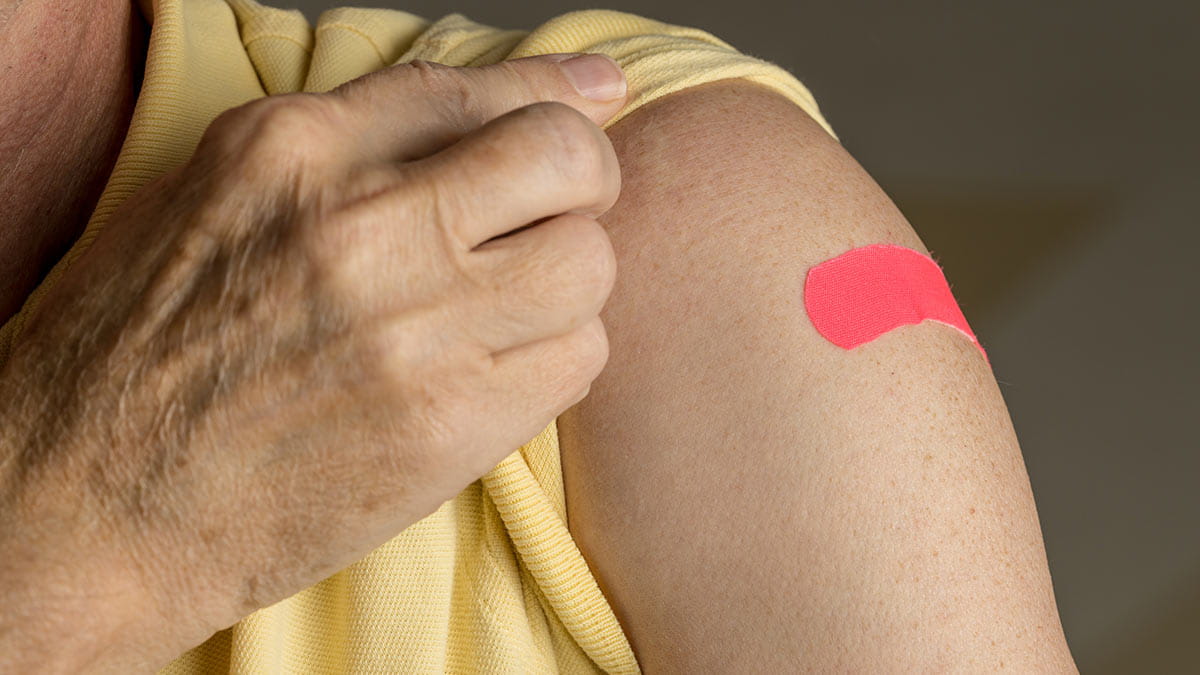Can you prevent food allergies in your kids?

If you have young kids, there’s a good chance you’ve packed a peanut-free lunch or accommodated a food allergy at a birthday party.
Whether it’s milk, eggs, wheat, soy, peanuts, tree nuts, fish or shellfish, we’re seeing more and more children who have been diagnosed with allergies to common foods. Ask any parent who has to deal with food allergies in a child – it’s burdensome at best, and in some cases it’s a matter of life and death.
Unfortunately, once you’re diagnosed with an allergy, the only solution is to avoid that food – likely forever. That’s why the conversation among parents, doctors and researchers has turned toward preventing food allergies in the first place.
But is preventing childhood allergies even possible? We asked our allergist Casey Curtis, MD, to weigh in.
Moving from excluding to including foods
Preventing childhood food allergies is an exciting area of active research.
“We used to tell parents to hold off on the peanuts or the dairy until their kids were a bit older,” explains Dr. Curtis. “But, that’s changing. Early introduction of certain foods may have a protective effect in some cases. One recent study known as the LEAP trial found that introducing peanut products to children who are at risk of food allergy at a young age might prevent the progression to a clinical allergy.”
Eating for two
It also seems that the same advice we used to give about infants and toddlers may be misplaced when it’s given to expecting and new moms.
“It is not recommended that pregnant or lactating mothers avoid foods that are common causes of food allergy such as milk, eggs, nuts or seafood,” advises Dr. Curtis. “Doing so can lead to unnecessary nutritional depravation for a mother and her child.”
What you can do if you think your child might be at risk
If your child has risk factors for food allergy, such as:
- a peanut-allergic sibling,
- a previously diagnosed food allergy or
- moderate to severe eczema
You should consult with an allergist. An allergist can provide personalized guidance about what kids should eat and when, and give advice about how to manage allergies.
What you can do if you don’t think your child is at risk
Even if you don’t suspect food allergies, Dr. Curtis says these helpful tips for food introductions at the right ages are worth following:
Birth to 4 months: Formulas
- When possible, breastfeed exclusively up to at least four months of age.
- If you need to feed your child more than just formula, use a partially or extensively hydrolyzed formula (instead of full cow’s milk protein formulas) until he or she is six months or older. Hydrolyzed formulas may have a preventive effect against eczema, a type of allergic skin condition.
4 to 6 months: Complementary foods
- When transitioning to family foods like fruits and vegetables, introduce one new food every three to five days. This way, if your child’s allergic, you’ll know which food was the culprit.




